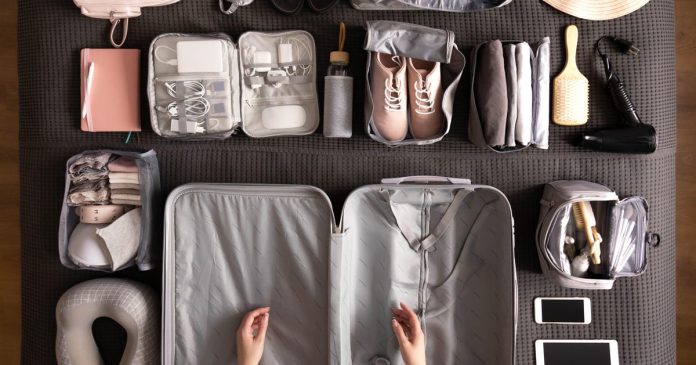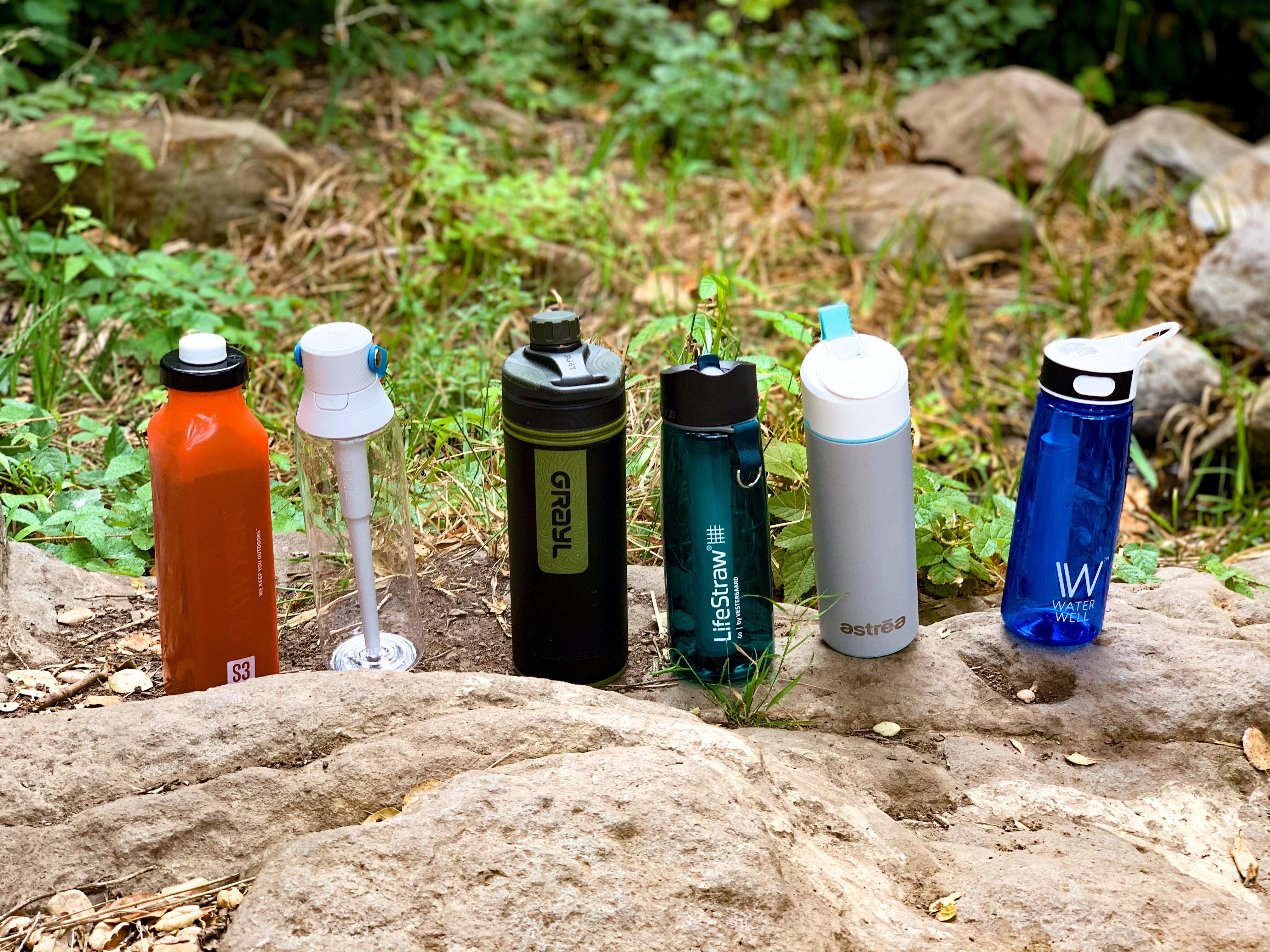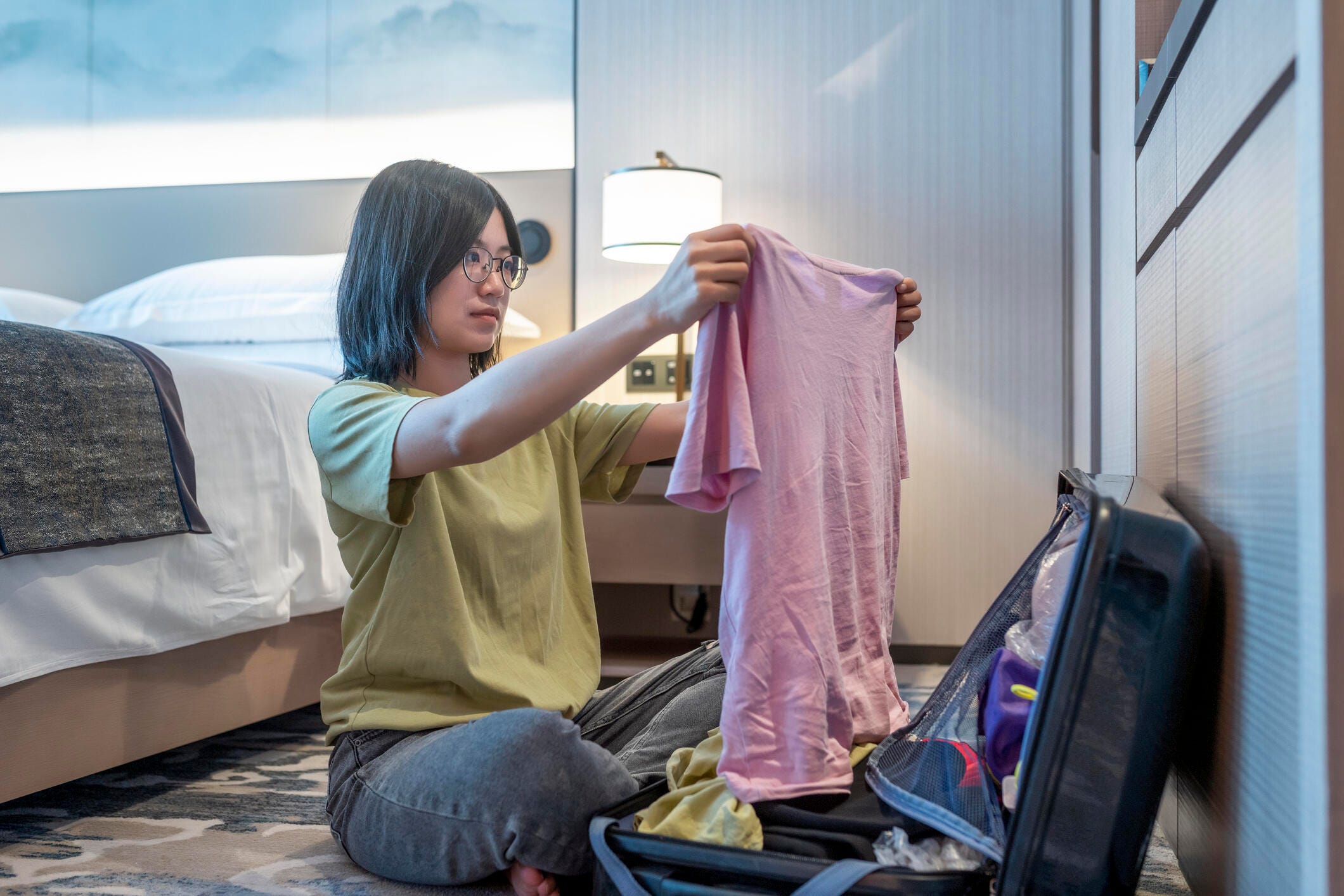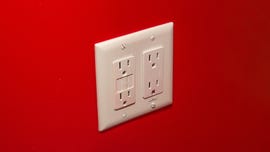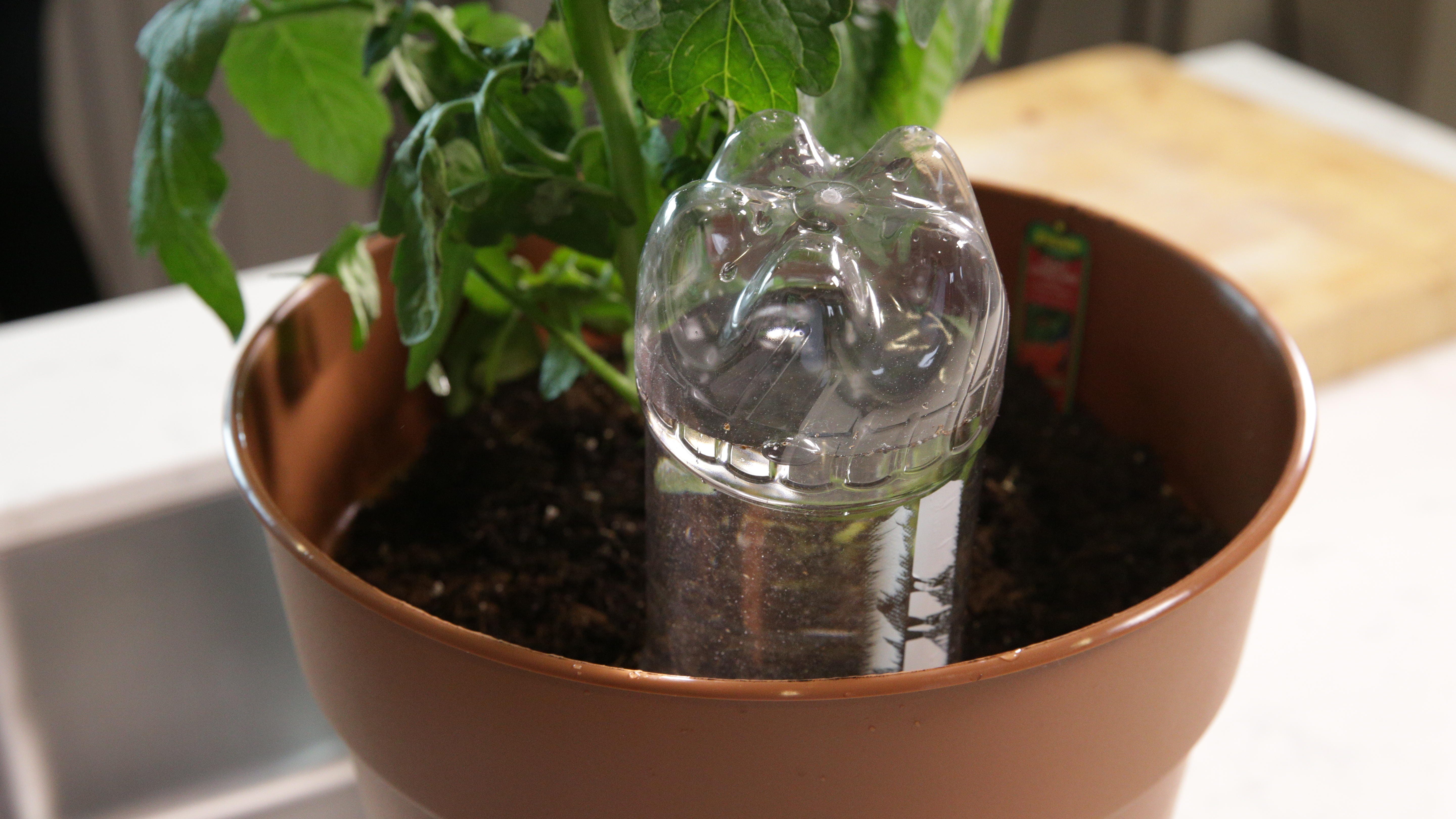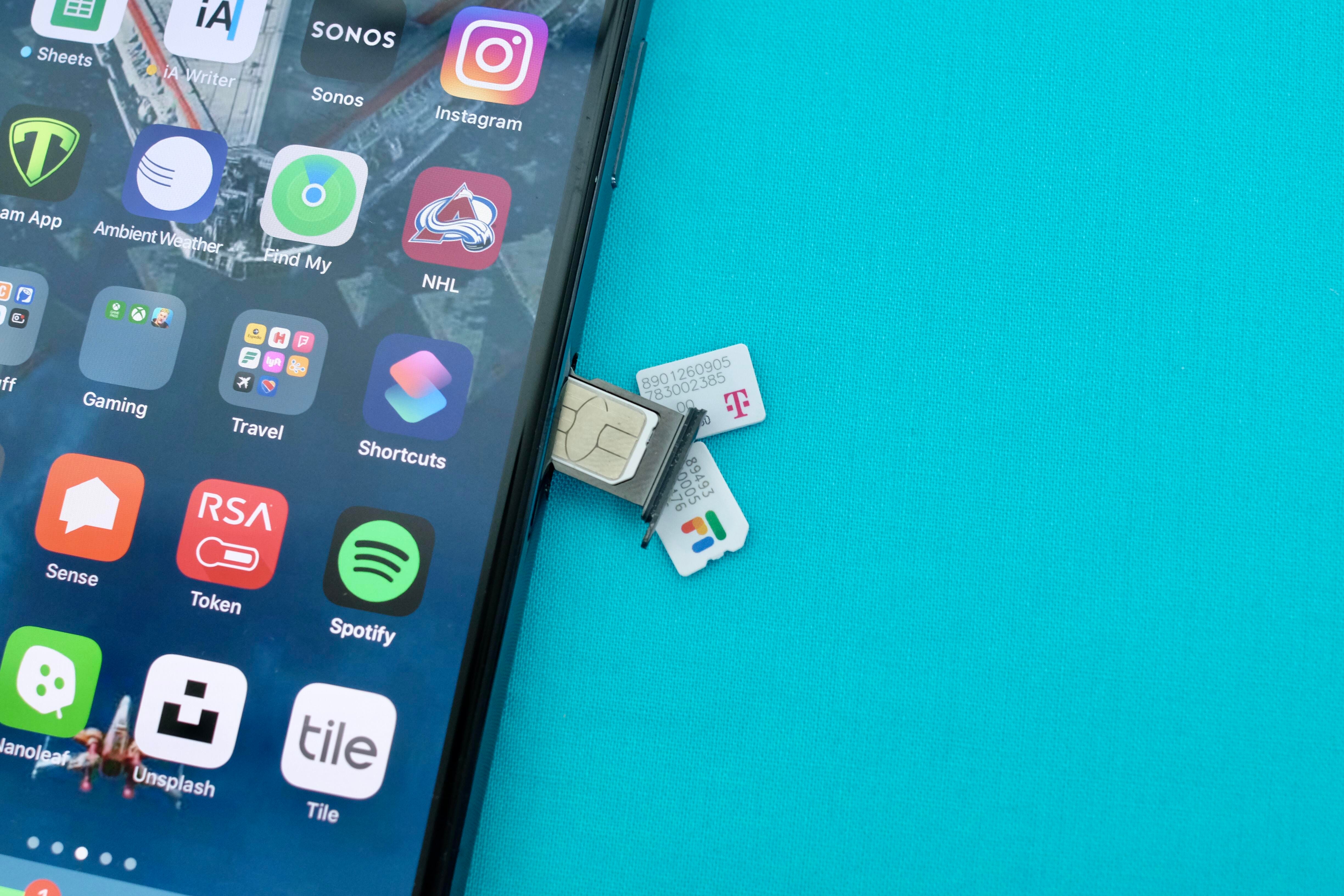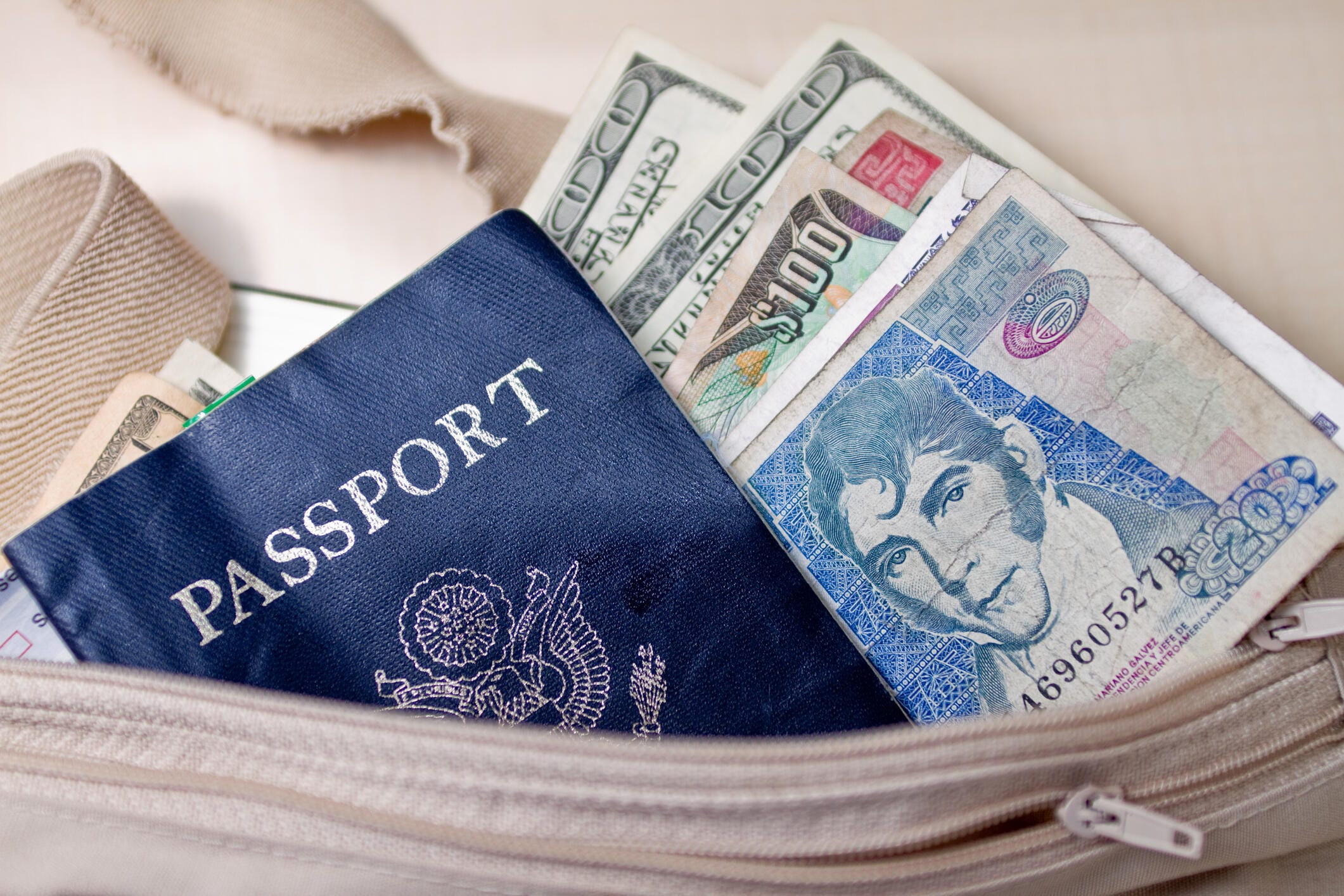As you count down the days to your end-of-summer trip, your mind is probably already en route to your destination — imagining the warm sand between your toes or the stunning landmarks gracing your line of sight. (If you’re hoping to capture those sweet vacation memories on camera, here’s the essential travel photography gear to pack.)
However, you might find your pre-vacation giddiness is overshadowed by stress, as there always seems to be a heap of chores to manage before you depart. After you arrange your time out of office, you’ll have to prep your home for your absence and make sure it’s secure. Then there’s figuring out what to pack, not to mention fitting it all into your suitcase.
But all those tricky logistics are so much easier to tackle once you’ve put together a clear list of to-dos. The tips below will make your vacation a walk in the park. Or, preferably, a walk on the beach.
Packing list essentials most people don’t think about
A few small additions to your suitcase can minimize hassle and maximize comfort when you’re traveling. Here are some essentials you probably already have in your home. (If you’re interested in bringing your computer or tablet on your trip, be sure to also check our list of must-have travel gadgets.)
1. Pack a reusable water bottle
With heat waves happening now, this one is a must — especially if you’re not staying in an environment where free water is easily accessible. A hydration bladder (a pouch that fits in your backpack and sends water to your mouth via a long tube) is a handy option for more hiking-oriented trips, though keep in mind it’s a little more complicated to clean. Either way, you need some sort of reusable vessel to keep you hydrated consistently. Otherwise you’ll have to rely on buying water bottles, which is expensive in tourist hubs and not always feasible in more rural areas. Here’s a list of our favorite water bottles for 2022. If your destination’s tap water isn’t drinkable, try a water bottle with a built-in filter.
Hydrate or diedrate.
Paige Thies
2. Bring dryer sheets
Ironically, they’re bad for your dryer. But dryer sheets will do wonders for your foul-smelling shoes. Bunch them up and stick them inside (or, for sandals, on top of the footbeds) before you go to bed. This will alleviate the stench that will inevitably accumulate after days of walking. Dryer sheets can also get rid of deodorant stains on clothes and flatten down your hair’s flyaways. (Here are 20 unexpected ways that dryer sheets can come in handy.)
Pack plastic shopping bags to keep dirty clothes from muddying up your clean ones.
mrs/Getty
3. Don’t forget plastic bags
Nothing fancy, just the disposable grocery bags you stuffed in the back of your pantry. While they’re not the most luxurious of travel take-alongs, plastic bags prove their usefulness in a number of situations. You can fold and stuff your already-worn outfits into plastic bags to partition dirty laundry from the rest of your suitcase and keep it from stinking up the rest of your clothes. They can also offer some temporary storage for wet swimsuits and grubby shoes. Plus, if there’s any chance you’ll be grocery shopping on your trip, you can reuse those plastic shopping bags in countries that ban stores from providing them or require stores to charge extra for them.
Packing tips to fit more and travel easier
Once you’ve determined what to pack, next comes figuring out how to pack. Whether you’re trying to squeeze your belongings into a compact carry-on or you’re filling up a roomier suitcase you plan to check at the airport, packing strategically can maximize space in your luggage and make it easier to access the things you need most.
4. Fold, roll and cube your clothes
Every traveler has their preferred method of packing clothes: Some fold their garments, others roll them into logs and still others flatten them into packing cubes. We recommend mixing these three strategies. Fold your more structured, bulky clothes: jeans, trousers, formal dresses and button-downs. Then roll up the rest of your garments and stuff them into the remaining gaps in your suitcase. For some extra flattening down, squeeze some of those rolled clothes into packing cubes.
Fold or roll? It depends on the garment you’re dealing with.
Sellwell/Getty
5. Prepare for TSA
To bring a carry-on through security, you’ll need easy access to your electronics and liquids so you can place them on the conveyor belt. Stick them in the top layer or outer pocket of your suitcase (or your allotted personal item). Otherwise, you’ll have to jumble your perfect packing as you dig around for your laptop, stalling the line behind you in the process.
6. Put the most important things in your carry-on
When you check your luggage, you run the risk of losing it. That’s why your carry-on or personal item is the optimal place for the essentials that would be most difficult to replace: your wallet, contact lenses, glasses, medication, electronics or anything you would hate to be stuck without for a few days.
7. Track your bags
To give your luggage some extra protection from loss and theft, outfit both your carry-on and checked bag with tracking devices, like Tiles or Apple AirTags. Knowing your suitcases’ exact location will certainly save you some headaches if something goes awry: AirTags enabled Ross Feinstein, of CNET’s sibling site The Points Guy, to find his missing bag and board a connecting flight on time.
8. Leave luggage wiggle room if necessary
Is there a chance you’ll hit the shops or bring back some souvenirs? As you’re loading up your luggage, take into account any extra space you might need on the way back. You don’t want to end up in a situation in which you’ve bought, say, a fabulous pair of pants at your destination, but your suitcase is so stuffed you have to consider sacrificing some other belongings in order to make them fit. (True story.)
Pre-vacation home checklist
Handling some quick chores before you leave will help ensure that you’ll come back to find your home just as you left it. Check out our full list of pre-vacation household tasks.
It’s important to unplug your appliances while you’re gone because some of them drain electricity even when they’re turned off.
Sarah Tew/CNET
9. Unplug your electronics
This will lower your energy bill and reduce the risk of electrical fires. Before you depart, unplug your appliances, lamps, chargers, routers, computers and TVs.
10. Lock your windows
In addition to triple-checking all your doors, make sure you secure your windows, the next easiest entry point for thieves. Better yet, a smart lock can alert you when a window is unlocked and allow you to lock it remotely.
11. Put timers on your lights
To make it look like you’re home, plug light timers into your outlets or install a remotely controllable smart bulb. Set your indoor lights to turn on and off as they normally would, and set your outdoor lights to turn on at night.
12. Keep your plants alive while you’re away
Don’t doom them to wither in your absence. You can fashion a drip system out of a plastic water bottle by filling it with water, drilling some holes toward the top, turning it over and tucking it into the soil deep enough that the holes are covered. For big pots, water-filled wine bottles work well. (There’s no need to drill any extra drainage holes: Just leave the bottle open.) For more ideas, check out our guide to helping your plants thrive while you’re away.
With this plant-friendly hack, there’s no need to spend money on watering globes.
Chris Parker/CNET
13. Stay cool
It’s possible to keep the summer heat out of your home without running up your electric bill. Close your shades if you’re in a sunny area, and run a dehumidifier if your local weather calls for it. Set your thermostat 5 degrees higher than you normally keep it, or get a smart thermostat that you can set to vacation mode.
Figure out how your phone will work abroad
If you keep your phone’s default settings while traveling abroad, it won’t work the same way. At least, not without your provider slapping hefty international charges onto your phone bill.
14. Sort out your SIM situation
To get the full range of calling, SMS texting and data, you’ll need to get another SIM card that’s supported abroad. Some newer phones have eSIM technology that lets you do this digitally, but many still require you to physically remove your SIM card and replace it with another.
With eSIM support becoming increasingly common with newer phones, physical cards will soon be a thing of the past.
Jason Cipriani/CNET
15. Know where to get a SIM if necessary
International airports typically have counters or self-serve kiosks where you can buy prepaid local SIM cards once you get to your destination. But if you’d rather figure it out in advance and have service right as your plane touches down, CNET has previously recommended KnowRoaming, which now offers eSIMs.
16. Let your contacts know what’s happening
With a new phone number comes potential snafus you’ll want to anticipate. If you don’t want to deal with texting your contacts from a number they won’t recognize, let them know you’ll be going abroad and tell them to reach you on apps like Facebook Messenger or WhatsApp, which just use data.
17. Work around two-factor authentication obstacles
You might need to access services or accounts that require two-factor authentication to log in. Before you go, make sure the authentication method is set to email instead of your phone number.
Stash money safely while traveling
Your mind is often in a million places at once as you’re traveling, so it’s all too easy to let your guard down and lose track of your money. With a bit of planning ahead, you can dramatically reduce the likelihood of your funds getting lost or pickpocketed.
18. Don’t be an easy target
Stuff your cash in a money belt or fanny pack, which makes it far more difficult to steal than a tote or the outer pocket of a backpack.
Fanny packs and money belts keep your money easily accessible (but not to pickpockets).
grandriver/Getty Images
19. Hide your money
Avoid putting all your eggs in one basket… or all your funds in one place. Stick an extra card in your carry-on or some small bills in a second wallet. That way, if you lose one bag or wallet, you’re not stuck penniless. (Just make sure you remember all your hiding places; maybe keep track of them in a password-protected note on your phone.)
Looking for more travel tips ahead of your next vacation? These features on Google Maps and Google Flights will help you save money and find your way around. Here are seven gadgets we recommend packing, along with our staff’s favorite carry-on luggage. Plus, elevate your travel photography with these 12 pro tips.

